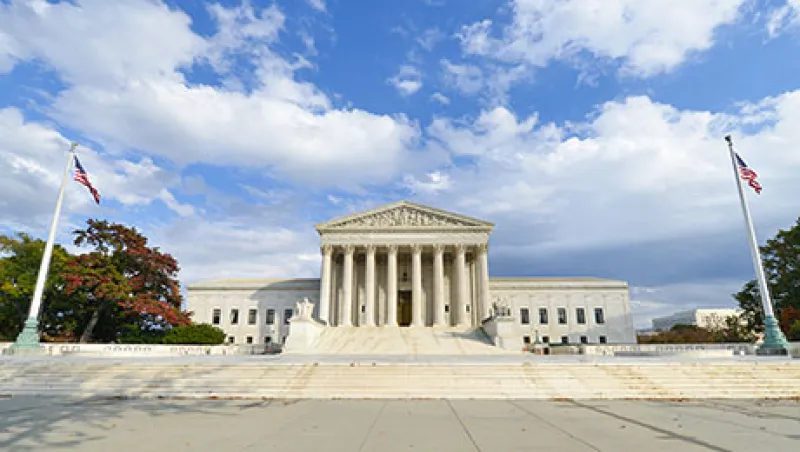The U.S. Supreme Court’s unanimous ruling on a closely followed insider trading case a decision is good news for Preet Bharara, the U.S. Attorney for the Southern District of New York — and bad news for would-be insider traders who would seek to trade on tips from friends and family.
The decision, reached on Tuesday, will make it easier for prosecutors to bring cases against traders who knowingly make trades on material nonpublic information obtained from sources with insider knowledge of a company. Bharara, who has famously led a high-profile, aggressive campaign against insider trading in his state, has seen some of his cases overturned or thrown into limbo as a result of an earlier court ruling from the United States Court of Appeals for the Second Circuit, in Manhattan.
But in Salman v. United States, the highest U.S. court found that a person can be found guilty of trading illegally on a tip-off from someone with insider knowledge, even if the person giving the tip is not doing so for their own financial gain. The question at the heart of the case concerns what type of reward a tip giver needs to be getting in order for a tip to count as a violation of that person’s fiduciary duty. Are the benefits of helping a close friend or family member enough — even in the absence of a direct financial reward? With Tuesday’s decision, the court seems to be saying “yes.”
In Salman v. United States, Bassam Salman received a stock tip from his friend Michael Kara, who received the information from his younger brother — and Salman’s brother-in-law — Maher Kara. At the time the younger Kara was a healthcare investment banker at Citigroup. According to the court, Maher testified that he shared the information with his brother and expected him to trade on it. Michael testified to sharing the information with Salman, who knew it was from Maher. The court found such behavior to be illegal.
“Here, by disclosing confidential information as a gift to his brother with the expectation that he would trade on it, Maher breached his duty of trust and confidence to Citigroup and its clients — a duty Salman acquired, and breached himself, by trading on the information with full knowledge that it had been improperly disclosed,” wrote Supreme Court Justice Samuel Alito in the court’s opinion. Alito elaborated that to give a gift to a friend or relative in the form of cash or a tip benefited the insider, and was therefore a breach of that insider’s fiduciary duty.
For someone to be considered to be illegally trading on insider information, the law states that both the giver and the recipient of the information have to have known that the information was obtained illegally from an insider at some “personal benefit” to that insider, making it a violation of that person’s fiduciary duty to shareholders — in other words, no benefit, no breach. In the case of a pure cash-for-information deal, the benefit is clear, but in many cases the issue is a lot more fuzzy.
Two years ago a New York Second Circuit Court overturned an insider trading case bought against former SAC Capital Advisors trader Todd Newman and Level Global partner Anthony Chiasson. The Second Circuit court said personal benefit could not just be good will but “must be of some consequence.” The court found in this case that the bar had not been reached (one of the providers of insider information received career advice for his troubles.)
Salman relied on the Second Circuit Newman decision — which came down when his appeal was pending – to appeal his original conviction. The U.S. Court of Appeals for the Ninth Circuit, which heard the appeal, rejected his argument. Now that the Supreme Court has sided with the Ninth Circuit over the Second Circuit, it appears the famously murky insider trading laws have gotten some clarity.






